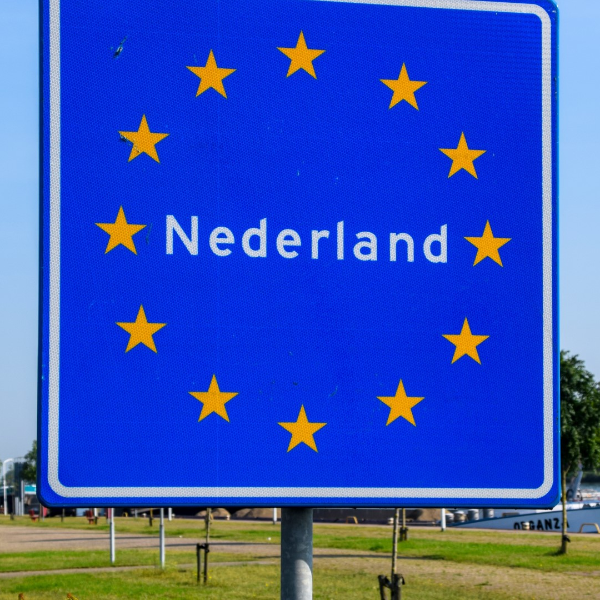Support during reception crisis based on facts, knowledge and determination

Support during reception crisis based on facts, knowledge and determination
Around the world, people are being forced to flee their home countries. In the Netherlands, too, this is leading to an increased flow of refugees. To accommodate these people, sufficient reception locations are needed. Witteveen+Bos is supporting the Central Agency for the Reception of Asylum Seekers (COA) by providing a wide range of consultancy services for the construction of these locations. Almost without exception, these assignments involve tremendous time pressure and are placed under a magnifying glass by the political community and the wider society.
The overcrowded application centre in Ter Apel is indicative of the need for greater capacity to accommodate refugees. Since the introduction of the relevant law in 1994, COA has been responsible for doing this, with its focus being on providing refugees with safe housing, essential resources, and guidance in preparing for a future in the Netherlands or back in their country of origin.
Witteveen+Bos has been working with COA for some time now. The framework agreement that underpins this collaboration means that urgent assignments can generally be taken on quickly. Some 200 assignments were carried out in 2023, encompassing permit applications, spatial planning procedures, environmental and local area studies, and building advice. Some assignments involve redeveloping existing sites, but the vast majority focus on consultancy and support related to (potential) new reception locations.
Essentially, this entails the studies and procedures typical of any spatial development project, of which tens of thousands are initiated in the Netherlands each year. The professionals at Witteveen+Bos are intimately familiar with all applicable laws and regulations, including the exceptions made for reception locations. A significant difference from other spatial development projects, however, is that COA projects often need to be implemented in a very short time.
Many applications relate to the planning feasibility of sites. Assessing this requires not only knowledge of laws and regulations but also a good understanding of the social context. Our consultants proactively consider how reception can be arranged responsibly and within the legal frameworks in cooperation with COA and the municipality.
To speed up the selection process for suitable sites, we have developed a planning quick scan. This tool assesses a site against all relevant opportunities and obstacles in terms of planning, environmental and local area considerations, which helps COA quickly gain insight into the feasibility of a location. We also take the liberty, where appropriate, of advising against COA’s choice of location.
Our internal organisation has been adapted to accommodate the high urgency and tremendous time pressure surrounding COA assignments. We have scaled up to ten project managers who keep room in their schedules for urgent requests. They are supported by a flexible shell of professionals, making it possible to quickly form project teams, either small or large.
Their mix of complexity, time pressure and social sensitivity means that, without exception, COA assignments are challenging. The determination among Witteveen+Bos employees to contribute to this urgent social issue, however, is high. It is satisfying to know that our knowledge and skills make a positive contribution to caring for people in need.